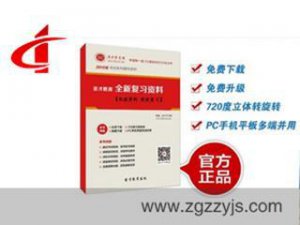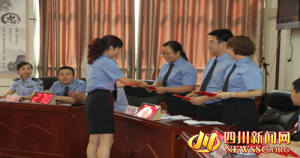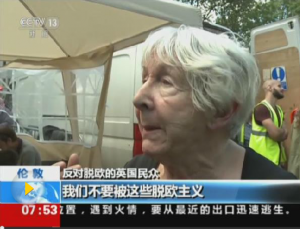|
WTO Dispute Settlement Mechanism ------An Analysis of the DSU in Positivism by Chengwei, Liu Foreword This book is a systematically selected compilation of Reports issued by various panels and the standing Appellate Body, then adopted by the DSB under the WTO jurisdiction by the end of May 2002, in category of subjects such as causes of action, initiation of panel proceedings, function of panels, rules of evidence and special rules governing anti-dumping disputes, etc., which are in most cases ruled as “preliminary issues” or “procedural objections”. However, this book is not intended to be exhaustive. It deals only with issues in dispute settlement proceedings under the WTO jurisprudence that the author considers the more important, where such rules are mainly concerned as Art. XXIII of the GATT 1994; Arts. 3, 4, 6, 7, 10, 11, 13, 21.5, 23, 26 of the DSU; Arts. 17.4, 17.5, 17.6 of the AD Agreement and Arts. 31, 32 of the Vienna Convention and so on. Moreover, this book is intended to be descriptive and positive rather than prescriptive and theoretical. Most of the author’s analysis benefits much from the precise and logically organized reports by panels and the Appellate Body, administered by the DSB under the WTO jurisdiction. It must be made clear that these reports do not constitute binding “subsequent practice” referred to in Article 31 of the Vienna Convention on the Law of Treaties, nor do they operate as stare decisis, panels and the Appellate Body are therefore not bound by past reports. Nevertheless, it does be the case demonstrated by the DSB practice that, relevant reasoning in a particular case has been cited or followed frequently by another panel or confirmed by the Appellate Body in subsequent cases. As ruled by the Appellate Body in Japan-Taxes on Alcoholic Beverages (DS44), “[a]dopted panel reports are an important part of the GATT acquis. They are often considered by subsequent panels. They create legitimate expectations among WTO Members, and, therefore, should be taken into account where they are relevant to any dispute”. Furthermore, a panel could nevertheless find useful guidance in the reasoning of an unadopted panel report when it considers relevant. More importantly, as stated in the letter with which the Appellate Body conveyed in the February of 1996 its Working Procedures for Appellate Review to the DSB for information, “… it is also important to ensure consistency and coherence in our decision-making, which is to the advantage of every WTO Member and the overall multilateral trading system we all share”. There is no doubt that, in line with the pragmatic evolution of the GATT dispute settlement system, the progressive clarification of a number of issues that are not precisely regulated in the DSU and the further development of the WTO dispute settlement procedures, will gradually evolve after having been tested and progressively clarified and improved in concrete dispute settlement cases. Considering all of this, the author complete this book with serious-minded exploring examination and great diligence, bearing in mind that it is therefore practical and of great significance for WTO Members to be informed of the valuable rulings in those reports issued by panels and the Appellate Body in particular cases. List of Abbreviations ATC Agreement on Textile and Clothing BISD Basic Instruments and Selected Documents (published by GATT) DSU Understanding on Rules and Procedures Governing the Settlement of Disputes DSB Dispute Settlement Body EC The European Communities GATS General Agreement on Trade in Services GATT General Agreement on Tariffs and Trade IMF International Monetary Fund PGE Permanent Group of Experts (in the SCM Agreement) SCM Subsidies and Countervailing Measures SG Agreement on Safeguards SPS Sanitary and Phytosanitary Measures TBT Technical Barriers to Trade TMB Textiles Monitoring Body TRIMS Trade-related Investment Measures TRIPS Trade-related Aspects of Intellectual Property Rights TSB Textiles Surveillance Body WIPO World Intellectual Property Organization WTO World Trade Organization Table of Contents Chapter I Trend towards “Judicialization”: A Rule-oriented Dispute Settlement System Chapter II Causes of Action before the DSB: Art. XXIII of the GATT 1994 Section One Right to Pursue a Proceeding under the WTO I The Concept of Nullification or Impairment II The Standing Issue before the DSB 总共5页 1 |









